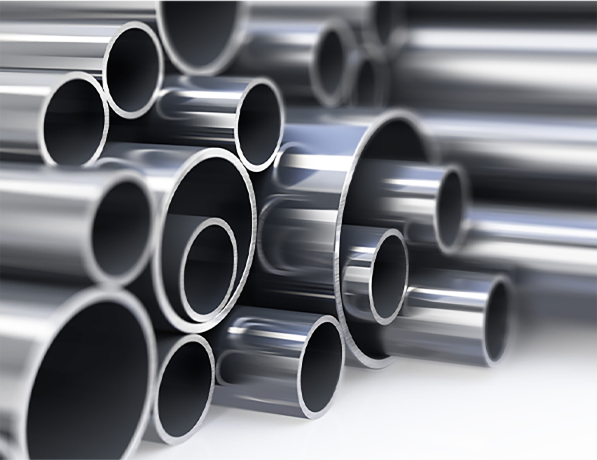
Understanding the Essential Components of Car Parts
Cars are intricate machines composed of a myriad of parts, each playing a critical role in the vehicle's overall performance, safety, and reliability. Understanding car parts not only enhances your appreciation for automotive engineering but also equips you with essential knowledge for maintaining and repairing your vehicle. In this article, we will explore some of the most important car parts and their functions.
1. Engine
At the heart of every vehicle is the engine, which converts fuel into mechanical energy. There are various types of engines, including gasoline, diesel, and hybrid, each differing in design and functionality. The engine comprises numerous components such as the cylinders, pistons, crankshaft, and camshaft, all working in tandem to produce power. Regular maintenance, including oil changes and timing belt replacements, is crucial for engine longevity.
2. Transmission
The transmission is responsible for transferring power from the engine to the wheels. It can be automatic or manual, with the former handling gear shifts without driver intervention. Automatic transmissions use a complex system of gears and hydraulic fluid, while manuals require the driver to change gears using a clutch pedal and gear stick. A well-maintained transmission ensures smooth acceleration and optimal fuel efficiency.
3. Brakes
The braking system is paramount for vehicle safety. Most cars use disc brakes, which are effective at slowing down the vehicle by creating friction. When you apply the brake pedal, hydraulic fluid is sent to the brake calipers, which squeeze the brake pads against the rotors, causing the vehicle to slow. Regularly checking brake pads and fluid levels is essential to ensure they function correctly.

4. Suspension System
The suspension system is crucial for providing a comfortable ride and maintaining vehicle stability. It consists of various components, including shock absorbers, struts, springs, and control arms. The suspension absorbs bumps from the road, allowing for better handling and control of the vehicle. A well-maintained suspension system can improve tire life and overall driving comfort.
5. Electrical System
Modern cars rely heavily on their electrical systems, which control everything from the headlights to the infotainment systems. The battery, alternator, and starter are key components. The battery provides the initial power to start the engine, while the alternator charges the battery and powers the electrical systems while the engine is running. Regular checks of the battery and electrical connections can prevent unexpected breakdowns.
6. Tires
Tires are the only point of contact between your vehicle and the road, making them one of the most critical car parts. They affect handling, fuel efficiency, and safety. Regularly checking tire pressure, tread depth, and alignment is essential for optimal performance. Rotating tires can extend their lifespan and maintain even wear.
Conclusion
Understanding the essential components of car parts is vital for both vehicle maintenance and safety. Each part plays a significant role in ensuring the car operates efficiently and reliably. Regular maintenance and timely repairs can prolong the life of these parts and contribute to a safer driving experience. Whether you are a car enthusiast or a casual driver, being informed about car parts will empower you to take better care of your vehicle.